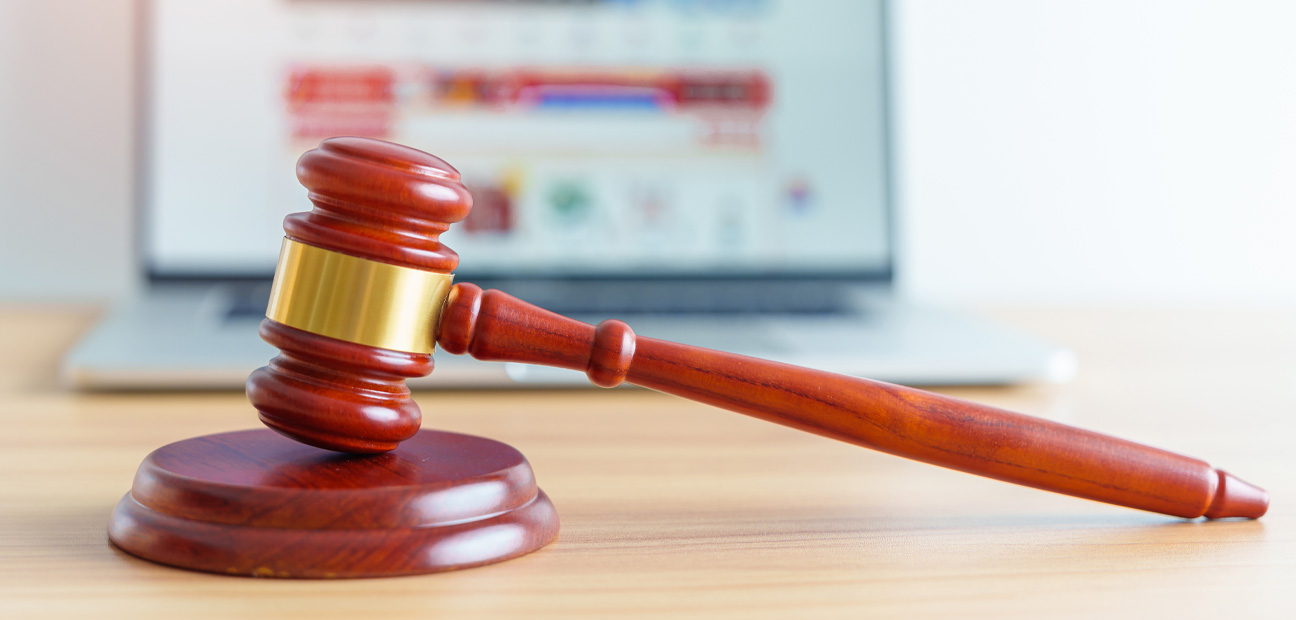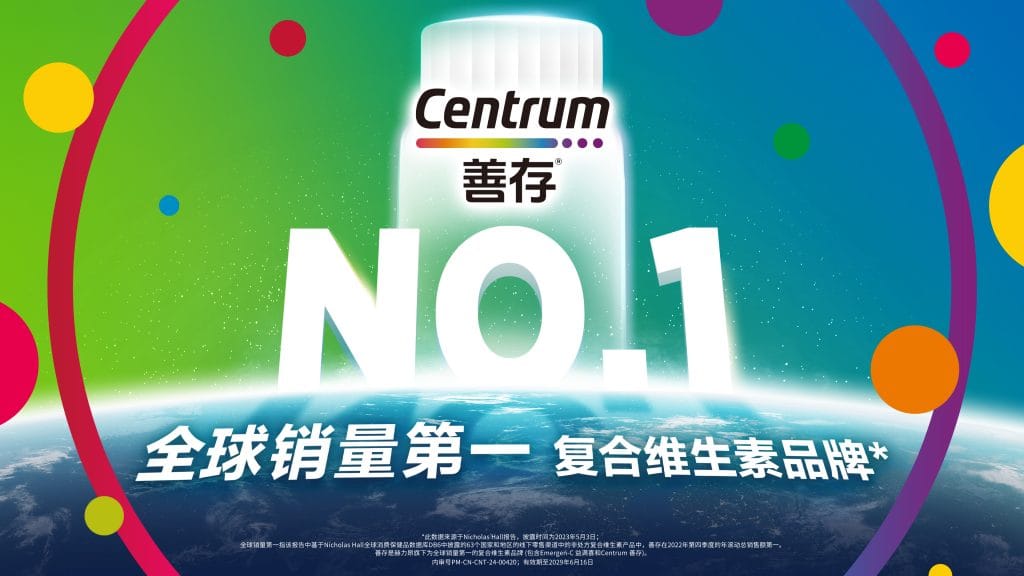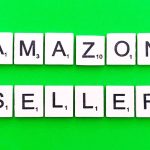- August 7, 2023
- 0 Comments
- By MelangeMC
In the competitive world of nutraceutical marketing, brands often lean on superiority claims to stand out, asserting that their product is better, faster, purer, or more effective than the rest. These claims can attract attention, build consumer trust, and drive sales. Yet, when not used carefully, they can cross the line from persuasive marketing to misleading advertising.
What Is Puffery?
In advertising law, puffery refers to exaggerated or subjective claims that consumers are not expected to take literally. Common examples include phrases like “the greatest supplement on Earth” or “a miracle in a bottle.” Such statements are broad, opinion-based, and not meant to be factual assertions.
The key distinction between puffery and false advertising lies in verifiability. Puffery involves opinions or non-measurable exaggerations, while false or misleading claims involve factual assertions that can be proven (or disproven) by evidence.
Navigating Global Advertising Standards
While we don’t provide legal advice, Melange Marketing Communications helps brands navigate the complex world of advertising standards and cross-border compliance. Every market has its own language, not just in words, but in values, history, and humour. Understanding that is where cultural strategy meets creative success.
From the Federal Trade Commission’s puffery guidelines in the U.S. to Canadian and Chinese advertising laws, we help nutraceutical brands communicate boldly and responsibly to build trust, credibility, and global competitiveness.
Puffery and Legal Tolerance in the United States
In the United States, puffery is legally tolerated under the Federal Trade Commission (FTC) framework, as long as the statements are clearly subjective and non-deceptive. The FTC defines puffery as “exaggerated or boastful statements that no reasonable consumer would rely upon as factual.”
For example:
- “The most refreshing vitamin drink in America” – acceptable puffery because it’s subjective and unverifiable.
- “Clinically proven to reduce joint pain by 80%” – not puffery, because it makes a measurable claim that must be supported by evidence.
In the nutraceutical industry, puffery often appears in slogans and product descriptions, such as:
- Airborne – advertised as “America’s #1 immune support supplement.” While presented as a ranking, the claim is framed as opinion-based puffery unless backed by market data.
- Goli Apple Cider Vinegar Gummies – “World’s first” and “best-tasting” claims fall under puffery when used as brand slogans rather than verifiable performance statements.
While such language may enhance competitiveness, overreliance on puffery can erode consumer trust, especially in an industry that depends heavily on scientific credibility.
The Canadian Perspective: Narrower Scope and Stricter Standards
In Canada, advertisers face a much narrower scope for using superlative or superiority claims.
Under the Competition Act, ads must not contain false or misleading representations that could influence a consumer’s decision to buy a product. Misleading “performance claims” must be backed by adequate and proper testing, and vague disclaimers or “mere puffery” cannot excuse factual misrepresentation.
In addition to the Competition Act, several frameworks apply:
- Canadian Code of Advertising Standards – industry self-regulation ensuring claims are accurate, clear, and substantiated.
- Trademarks Act – prohibits deceptive comparative claims or misleading use of another brand’s reputation.
- Consumer Packaging and Labelling Act – requires accurate representation of contents and origin.
- Provincial consumer protection laws – prohibit unfair or deceptive practices at the retail level.
Superlative terms like “best,” “most effective,” or “number one” must be backed by objective evidence or clearly presented as opinion. Comparative claims must be fair and verifiable, avoiding exaggeration or unjustified criticism of competitors.
Failure to comply can lead to enforcement actions, fines, or even criminal prosecution under the Competition Act. The “mere puffery” defence rarely succeeds in Canada. If a statement could influence a consumer’s decision, it is material information, not puffery.
China: Zero Tolerance for Superlative Claims
In China, the line is even clearer. The Advertising Law of the People’s Republic of China explicitly forbids the use of superlative terms such as “best,” “top,” “national-level,” or similar expressions in all forms of advertising.
The State Administration for Market Regulation (SAMR) enforces these rules strictly. In recent years, nutraceutical and health supplement companies have faced significant penalties for using exaggerated claims or unverified “top-ranking” statements. SAMR’s Guidelines on Absolute Terms in Advertising clarify how risk levels and penalties are determined, emphasizing that advertisers must avoid creating any misleading perception of superiority.
That said, it is still possible to make qualified or superlative claims in China, but only if advertisers understand the guidelines and can substantiate their claims with credible, verifiable evidence. Proper disclosure, clear definitions, and supporting data are essential to ensure compliance and maintain consumer trust.
Striking the Right Balance
Superlative language can make your message stand out but using it responsibly is crucial. Across markets, the key principles remain consistent:
- Ensure all comparative or performance claims are supported by verifiable evidence.
- Avoid false or misleading impressions, even if not literally false.
- Include clear, legible disclaimers when necessary.
- Understand jurisdictional differences before adapting campaigns for international audiences.






